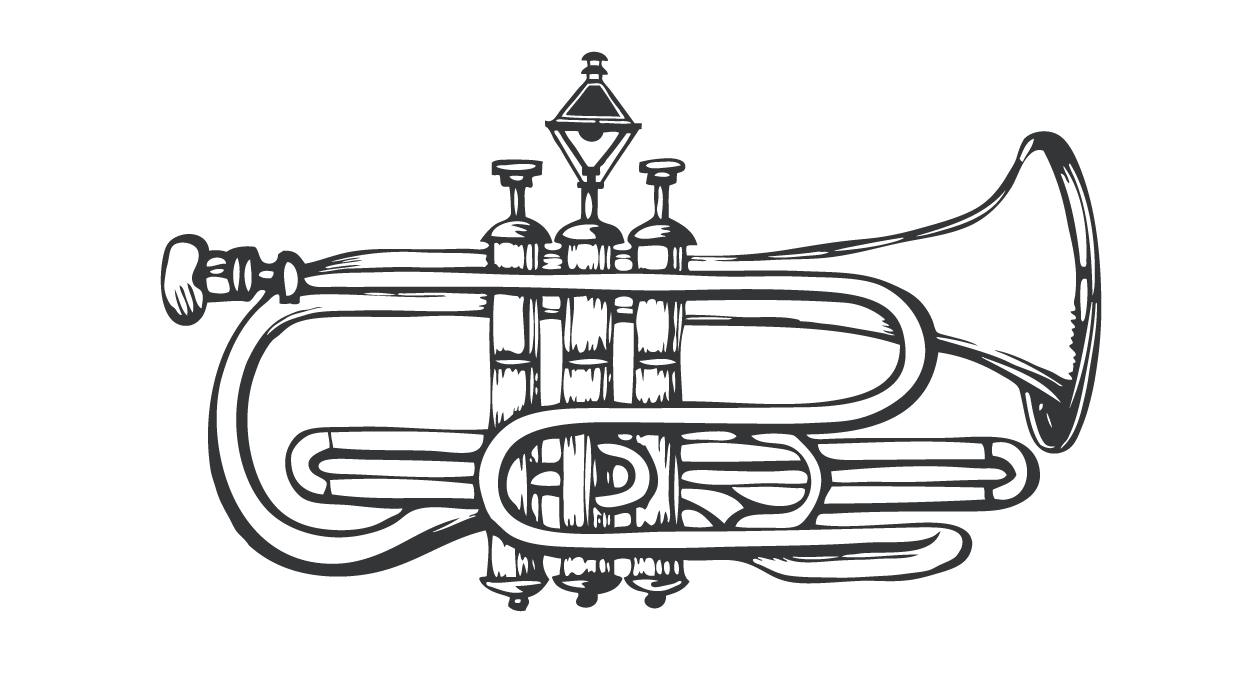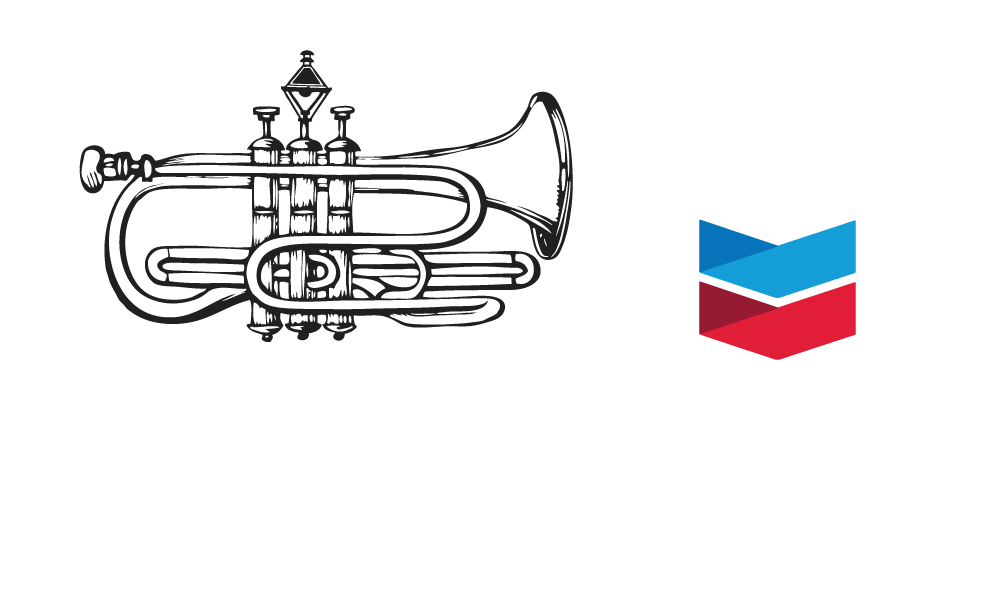Louisiana LeRoux

Their 1978 Capitol press release read: "LeRoux takes its name from the Cajun French term for the thick and hearty gravy base that's used to make a gumbo." Louisiana's LeRoux (the first album) was a musical gumbo that blended various instruments and arrangements for some spicy, mouth-watering pop-rock. Using blues, R&B, funk, jazz, rock, and Cajun as their base, their Southern anthem "New Orleans Ladies," voted Song of the Century by Gambit Magazine, simmered with the laid-back feel of the "Big Easy," evoking images of Bourbon Street and the bayou. That song, together with their smash hit "Nobody Said It Was Easy," brings LeRoux daily airplay from Washington, DC to Baton Rouge, and they remain cult heroes to this day. The act began to gel in 1975 in Baton Rouge, Louisiana, as The Jeff Pollard Band. They came into their own in 1977, touring the United States and Africa with Clarence "Gatemouth" Brown through an arrangement with the US State Department. The group's big break came when Leon Medica, the band's producer and one of its founders, presented a demo tape to Paul Tannen at Screen Gems-EMI while doing a session in Nashville and making trips to Colorado to contribute bass parts to a Dirt Band album at William McEuen's Aspen Recording Society Studios. McEuen, Tannen, and Attorney John Frankenheimer helped Medica secure a recording contract for the band with Capitol Records. Renamed "Louisiana's LeRoux," they recorded two albums, both produced by Medica, of Louisiana-flavored pop-rock (their eponymous debut and Keep The Fire Burning), and a third, Up, which saw them shift styles to accommodate Jai Winding's more mainstream production. In 1981, LeRoux moved to the RCA label, which decided to break the band as a singles act. They succeeded with the Top 20 hit "Nobody Said It Was Easy" and received heavy MTV airplay with the Top 5 AOR hit "Addicted," both featured on their Medica-produced fourth album, Last Safe Place. Soon afterward, however, lead singer Jeff Pollard left the group to start a Christian ministry, and was replaced by Dennis "Fergie" Frederiksen. When percussionistBobby Campo also exited, Berkley School of Music Graduate Jim Odom came aboard for the group's fifth album, So Fired Up, which included their chart single and MTV hit, "Carrie's Gone" (written about Carol Burnett's daughter, who was dating Fergie at the time). LeRoux toured for eight years, headlining and supporting numerous groups includingZZ Top, Kansas, The Doobie Brothers, Bob Seger, Journey, The Dirt Band, John Prime, and Muddy Waters. LeRoux's many television appearances includedDon Kirshner's Rock Concert, Solid Gold, Midnight Special, MTV, and their own Public Broadcasting live video, Rocking the Nottaway, filmed in 1997. In 1983, Randy Knaps replaced Fergie, and Medica, along with members of Kansas, The Doobie Brothers, Pablo Cruise, Steven Stills, Santana, and Cheap Trick, performed for the USO on four overseas tours. Haselden and Knaps also accompanied them on the Around The World tour. Bassist, producer, and songwriter Leon Medica recently co-produced Anders Osbornand Wayne Toups, and produced Brian McComas for Disney's Nashville-based label. He has recorded with many acts and for numerous soundtracks, and he produced Tom Johnston of The Doobie Brothers on one of the biggest-selling soundtracks of all time, Dirty Dancing. Tony Haselden, guitarist and vocalist who wrote some of LeRoux's all-time favorites, relocated to Nashville, Tennessee several years ago and is one of the top songwriters/producers in Country music. Tony wrote many #1 Country hits, including "That's My Story" by Colin Ray, "It Ain't Nothin'" by Keith Whitley, and "You Know Me Better Than That" by George Strait; and he also produced The Kinleys and The Wilkinsons. In 1996, the band's Bayoudegradable: The Best of Louisiana's LeRoux CD Release Party at the House of Blues in New Orleans created a renewed demand for the band to perform live. Today LeRoux continues to perform and share the stage with some of the biggest names in Classic Rock, playing primarily in the southeastern states where LeRoux continues to have a strong fan base spanning two generations.

